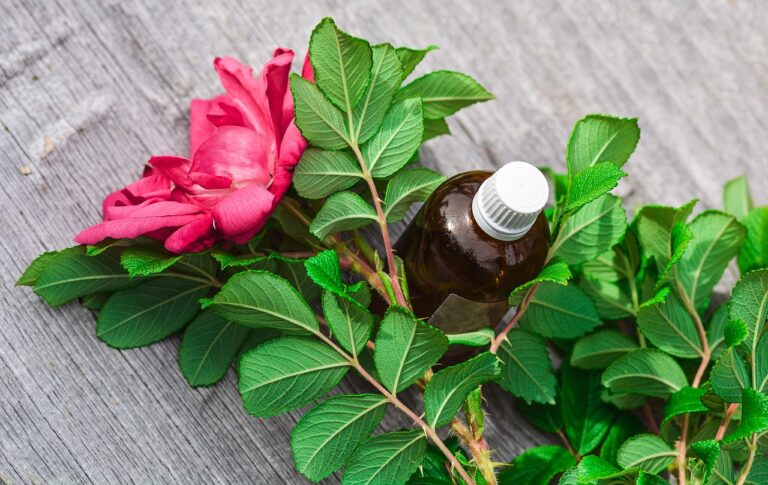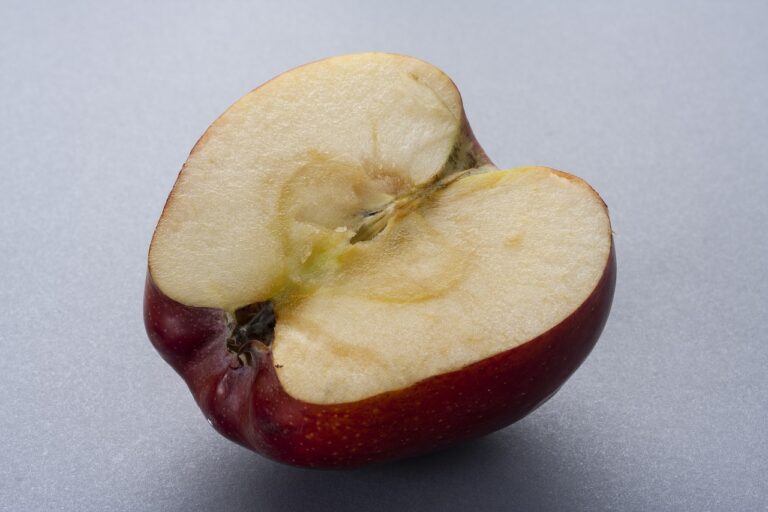The Role of Diet in Managing Tuberculosis
cricbet99 id password, sky99 login, ready book club: Tuberculosis (TB) is a serious infectious disease that primarily affects the lungs, but can also spread to other parts of the body. It is caused by the bacteria Mycobacterium tuberculosis and is known to be one of the top 10 causes of death worldwide. While medical treatment such as antibiotics is crucial in managing TB, the role of diet in supporting the immune system and overall health cannot be understated.
Nutrition plays a significant role in managing tuberculosis by supporting the immune system, promoting recovery, and preventing complications. A balanced diet rich in essential vitamins, minerals, and nutrients can help strengthen the body’s defense mechanisms against the infection and aid in the healing process. In this article, we will explore the importance of diet in managing tuberculosis and provide some tips on how to maintain a healthy diet during treatment.
Supporting the Immune System
The immune system plays a crucial role in fighting off infections, including tuberculosis. A diet that is rich in immune-boosting nutrients such as vitamins A, C, and E, as well as zinc and selenium, can help support the immune system and improve the body’s ability to fight off the bacteria that cause TB. Foods such as fruits, vegetables, nuts, seeds, and lean protein sources are all rich in these essential nutrients and should be included in a well-balanced diet for managing tuberculosis.
Promoting Recovery
Proper nutrition is essential for promoting recovery from tuberculosis. The body requires a sufficient amount of energy and nutrients to repair damaged tissues, replenish the immune system, and rebuild strength. A diet that is high in protein, complex carbohydrates, and healthy fats can help provide the necessary energy and nutrients needed for recovery. Foods such as whole grains, legumes, lean meats, fish, nuts, and seeds are all excellent sources of these essential nutrients and should be incorporated into the diet of someone with tuberculosis.
Preventing Complications
Malnutrition is a common complication of tuberculosis and can further weaken the immune system, delay recovery, and increase the risk of developing other health issues. It is important for individuals with TB to consume an adequate amount of calories and nutrients to prevent malnutrition and support recovery. Eating a variety of nutrient-dense foods, including fruits, vegetables, whole grains, lean proteins, and healthy fats, can help prevent nutritional deficiencies and ensure that the body has the resources it needs to fight off the infection and heal.
Tips for Maintaining a Healthy Diet During Treatment
1. Eat a variety of foods from all food groups to ensure that you are getting a wide range of nutrients.
2. Include plenty of fruits and vegetables in your diet, as they are rich in vitamins, minerals, and antioxidants that can support the immune system.
3. Choose whole grains over refined grains to provide a good source of fiber and energy.
4. Include lean protein sources such as poultry, fish, tofu, and legumes to help repair tissues and support recovery.
5. Limit your intake of processed foods, sugary beverages, and foods high in saturated fats, as they can contribute to inflammation and weaken the immune system.
6. Stay hydrated by drinking plenty of water throughout the day to support overall health and well-being.
FAQs
1. Can a healthy diet alone cure tuberculosis?
While a healthy diet is important for supporting the immune system and promoting recovery from tuberculosis, it is not a substitute for medical treatment. Antibiotics are the primary form of treatment for tuberculosis, and it is essential to follow your healthcare provider’s recommendations for medication and treatment.
2. Are there any foods that should be avoided during tuberculosis treatment?
Foods that are high in sugar, saturated fats, and processed ingredients should be limited during tuberculosis treatment, as they can weaken the immune system and hinder the body’s ability to fight off the infection. It is important to focus on eating nutrient-dense foods that support overall health and well-being.
3. How long should I follow a special diet while being treated for tuberculosis?
It is important to maintain a healthy diet throughout your treatment for tuberculosis and beyond. Eating a balanced diet that is rich in essential nutrients can support your recovery, strengthen your immune system, and prevent complications. Consult with a healthcare provider or a registered dietitian for personalized nutrition recommendations based on your individual needs.
In conclusion, the role of diet in managing tuberculosis cannot be understated. A balanced diet rich in essential nutrients is crucial for supporting the immune system, promoting recovery, and preventing complications. By incorporating a variety of nutrient-dense foods into your diet and following some simple tips for maintaining a healthy diet during treatment, you can support your body’s healing process and improve your overall health and well-being. Remember to consult with a healthcare provider or a registered dietitian for personalized nutrition recommendations and guidance on managing tuberculosis through proper nutrition.







